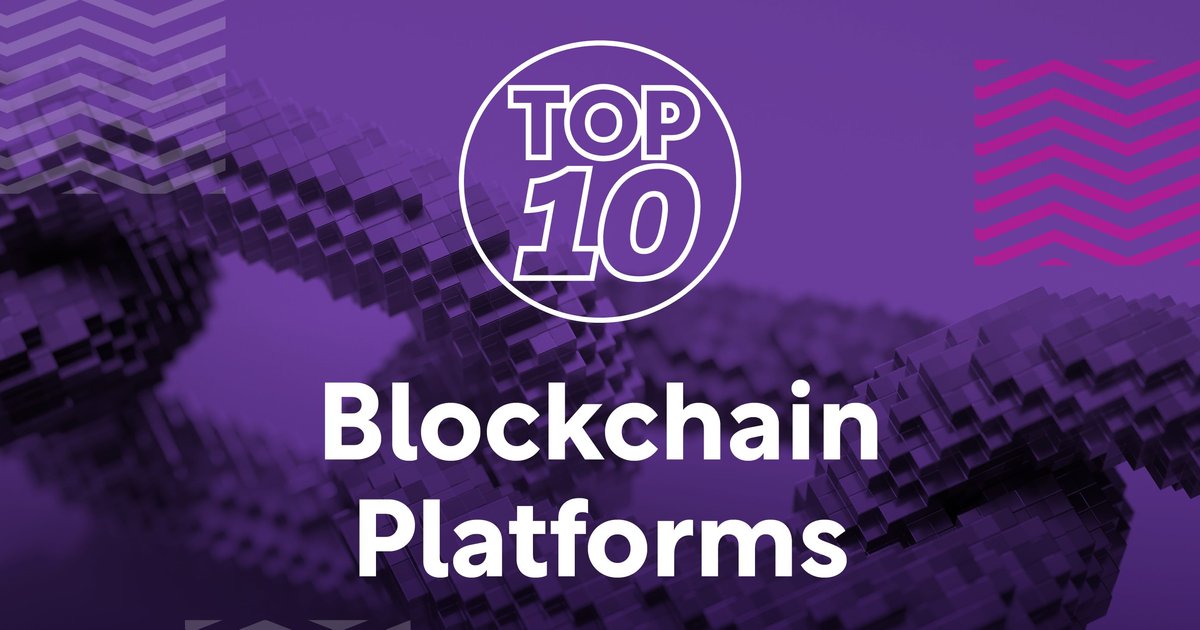9. Ripple
Using technology honed over the course of a decade, Ripple operates as a blockchain-driven digital payment network and protocol featuring XRP, its native cryptocurrency.
The company’s mission? To build breakthrough crypto solutions for a world without economic borders.
In contrast to traditional blockchain mining, Ripple employs a consensus mechanism involving a network of servers owned by banks to validate transactions.
8. Hyperledger Fabric
Hyperledger Fabric, from Hyperledger Foundation, is a blockchain framework implementation intended as a foundation for developing applications or solutions with a modular architecture.
It allows interchangeable components, including consensus and membership services, enabling a plug-and-play environment.
Designed to meet diverse industry needs, Hyperledger Fabric offers a unique approach to consensus that facilitates scalable performance while maintaining privacy.
7. Corda
Delivered by R3, a leader in the digitisation of financial services, Corda is a distributed application platform powering multi-party workflows in regulated digital finance.
It was initially engineered to meet the needs of customers who are operating at scale in regulated environments.
Corda delivers on R3’s promise of enabling an open, trusted and connected “network of networks” in high-performance, regulated markets.
6. EOSIO
EOSIO is one of the major open-source platforms for blockchain innovation and performance, and is based on the cryptocurrency EOS.
Businesses and developers around the world are using the platform to create secure, transparent and deterministic digital infrastructures.
Billed as fast, flexible and forward-driven, EOSIO is providing industry-leading transaction speeds and a block time latency rate of less than a second. It can handle a large number of transactions through parallel processing and asynchronous communication between nodes.
5. TRON
Founded in 2017 by Justin Sun, TRON is “dedicated to the decentralisation of the internet via blockchain technology and decentralised applications”.
The TRON network has continued to deliver impressive achievements since mainnet launch in May 2018. Just two months later came the acquisition and ecosystem integration of BitTorrent, a pioneer in decentralised services boasting almost 100 million monthly active users.
In recent years, traction has gained to the extent that TRON has more than 206 million users on the blockchain and upwards of seven billion transactions.
4. Steller
By integrating a robust, decentralised blockchain network with a worldwide community of innovators, Steller is furnishing builders with the means to unleash human and economic potential.
This, in turn, generates opportunities that transcend borders and equips individuals with the tools to develop innovative digital asset products and services, ultimately improving access to the global financial system.
Steller bills itself as being faster, cheaper and more energy-efficient than most other blockchain-based systems.
3. Tezos
Backed by a worldwide community of validators, researchers and developers, Tezos is an open-source blockchain protocol designed for assets and applications.
It was created specifically for the streamlining of formal verification, a method of boosting the security of critical or financially significant smart contracts by mathematically validating the accuracy of the code governing transactions.
The Tezos protocol is constructed to be secure, upgradeable and durable.
Users can directly and frictionlessly interface with each other over a decentralised network, interacting with various applications without the need for intermediaries.

